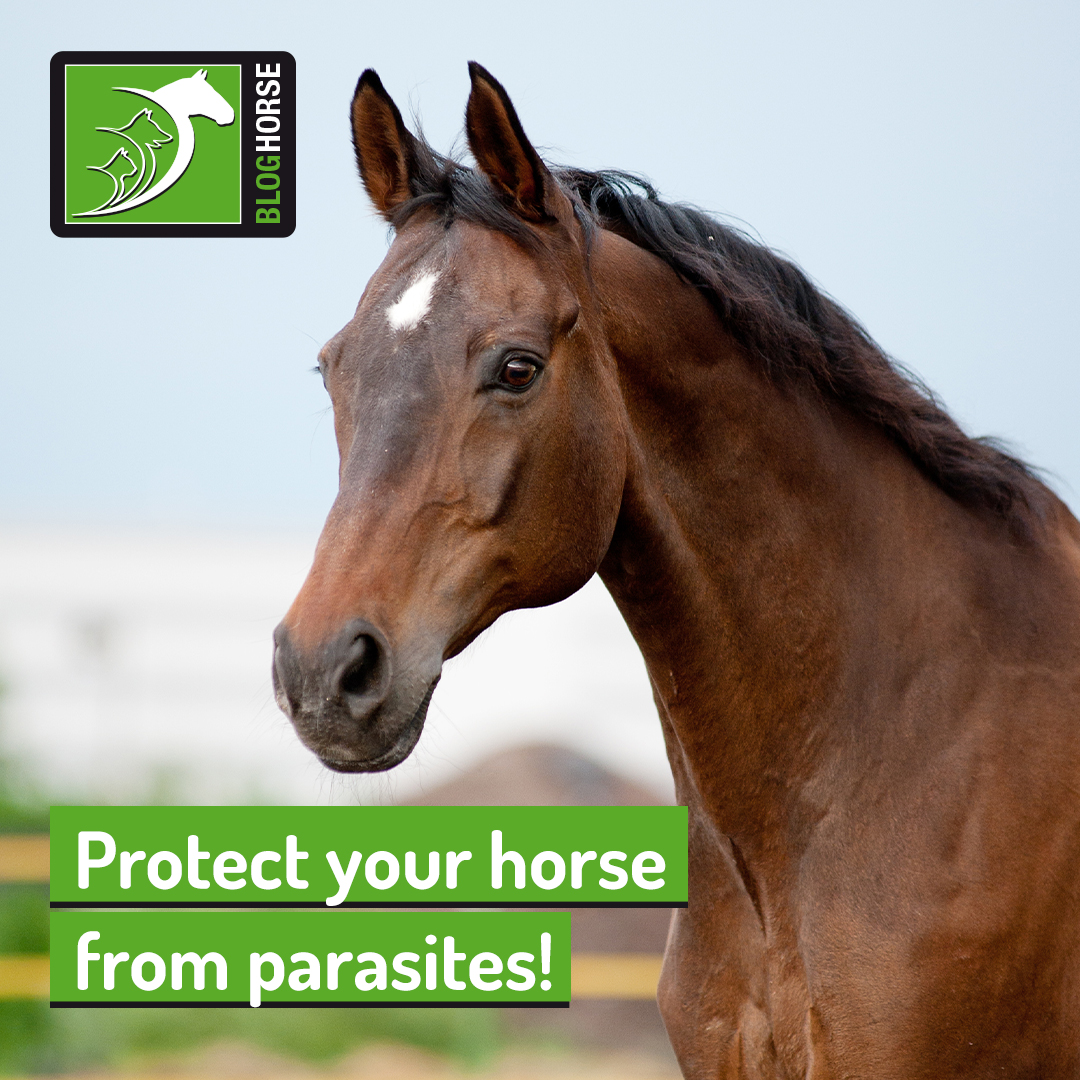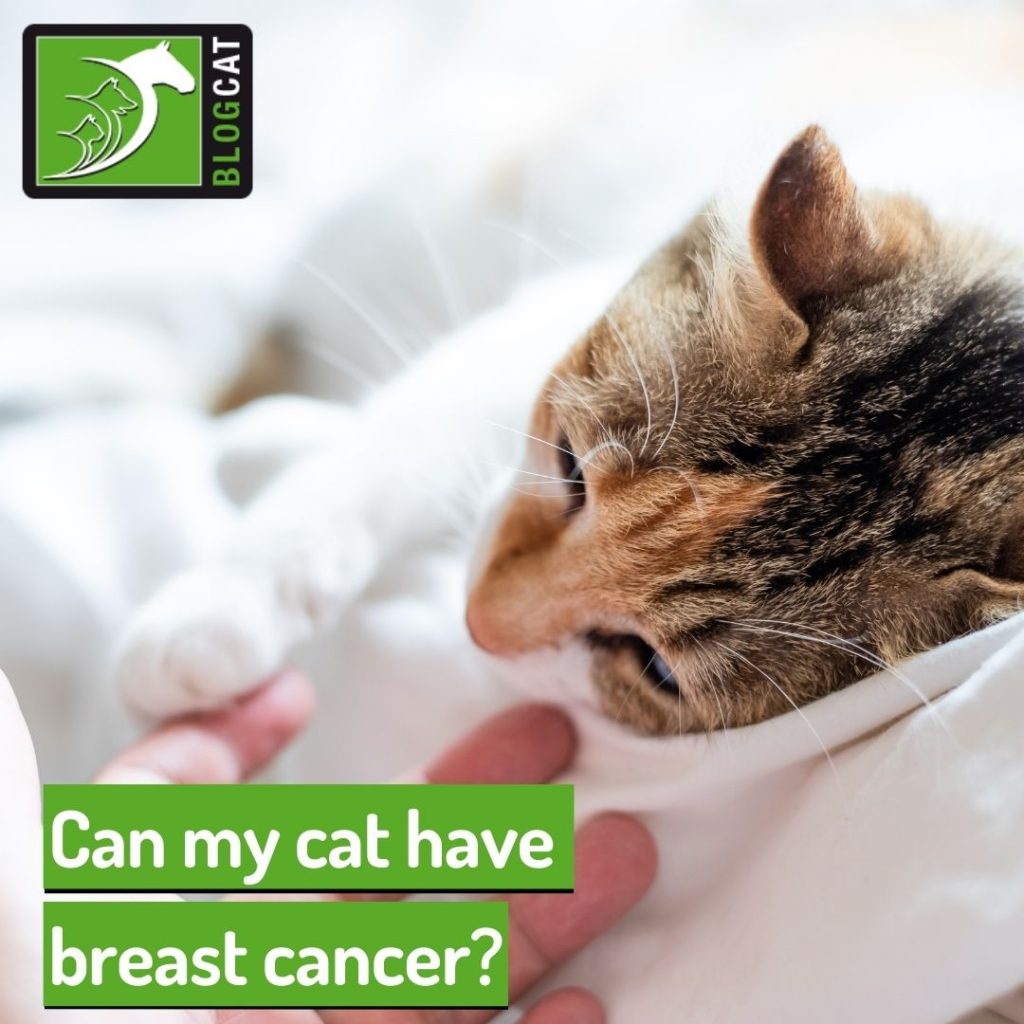Internal parasites in horses are everywhere, and sooner or later, your animals will find themselves infested with one of the many species of worms that are prevalent in the UK. These can cause a lot of problems such as gastrointestinal discomfort, weight loss and might even migrate to other organs, increasing the risk of fatal complications.
There are several products available to treat these nasty infections, but it’s important that you use them correctly to avoid parasite resistance, making it easier for everyone to protect their yards.
Carry on reading to find out more about parasites and how to minimise the risk in your herd.
Could my horse be infected right now?
As we’ve mentioned, worms exist in the environment and having parasite problems at some point is common for the vast majority of yard owners. These parasites are often present in the pastures, migrating to your animals’ digestive tract or lungs and then being shed back onto the pasture to infect other horses.
To know if your horses are infected, your vet will want to evaluate their risk profile and is likely to recommend the following procedures:
- Faecal worm egg counts, which are usually done between the spring and autumn;
- Antibody tests for tapeworms (if needed) or cyathostomins;
- Testing for pinworm.
By testing regularly, you will be able to know the real parasite burden in your yard and treat it accordingly.
Are dewormers safe and effective?
There are several compounds that are safe and effective to treat the many types of worms your horse might have.
However, you must talk to your vet before deworming your herd and follow their instructions, as improper use of dewormer medication can lead to increased parasite resistance. This means that the same drug stops being as effective over time, leading to issues controlling worms in your yard.
The populations of multi-resistant parasites also migrate to and from your horses, increasing this problem for everyone! Currently, many drugs are no longer able to adequately control worms. To avoid worsening this situation, it is recommended that owners test and only treat if necessary.
How can I help prevent parasite diseases in my yard?
As worms are spread via faeces, you must have the correct pasture and paddock management practices to minimise contact with eggs or infective larvae.
Every yard has its own needs, which will inform what you need to do to reduce the burden on your animals. However, in general, experts recommend that you:
- Remove faeces regularly to prevent larvae from developing;
- Ensure you rotate pastures, allowing them to be free of horses for several months each year;
- Enforce good quarantine and testing protocols when receiving new animals and maintain an acceptable density of horses per paddock;
- Speak to your vet about the special needs of gestating mares and foals, as they are at a higher risk for parasite complications.
If you’re struggling with worm control or are concerned with your animals’ health, don’t hesitate to contact your vet!
They can help you determine what might be wrong and find the best way to tackle the problem effectively.
Would you like to know more about horses? Check our Equine Courses:
Equine courses



